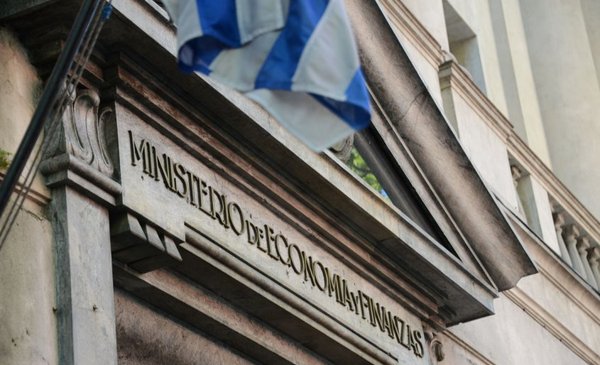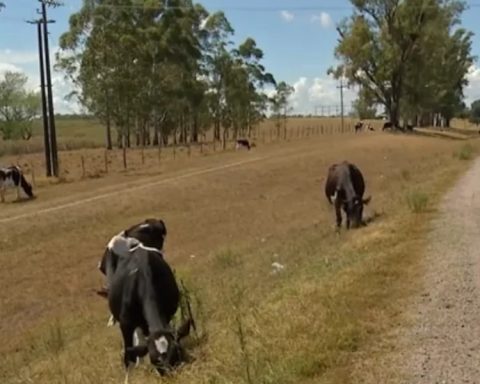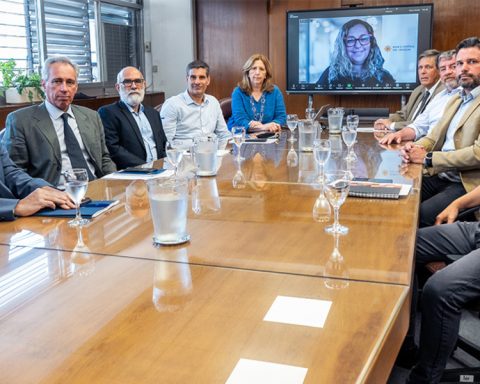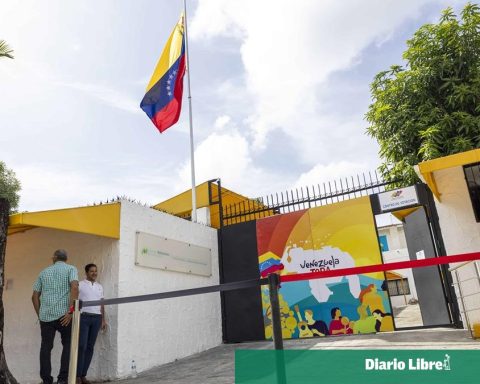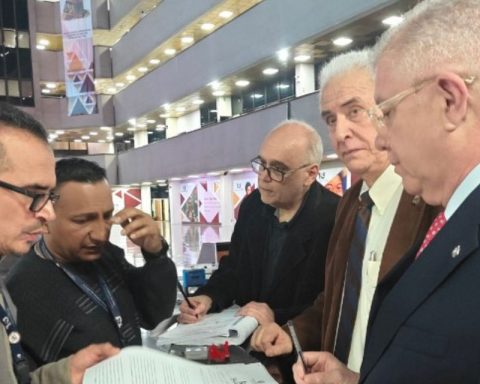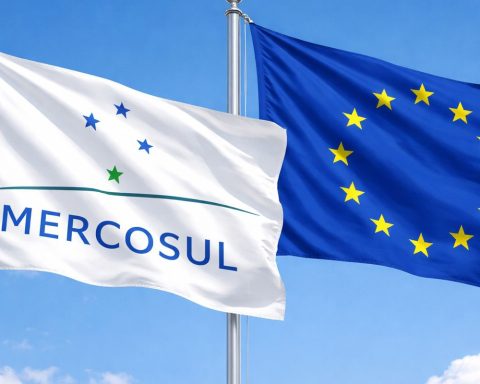In the first five months of the year, 353 investment projects were presented before the Commission for the Application of the Investment Law (Comap) for a total of US$ 488 millionaccording to data published by the Ministry of Economy and Finance (MEF).
In the year-on-year comparison, there was a 66% decrease in the number of initiatives and 44% in the associated amounts to these projects presented within the framework of decree 268/20 that introduced modifications in the evaluation methodology.
If the accumulated data of the last two years are taken, between May 2020 and May 2022 3,168 projects were presented for a total amount of US$ 2,971 million.
82% corresponds to micro, small and medium enterprises that account for 46% of the total investment amount (US$ 1,366 million).
In the breakdown by amount of investment, commerce led the list with US$ 1,779 million (60%), industry with US$ 739 million (25%), agriculture with US$ 382 million (13%) and tourism with US$ 71 million, according to MEF data.
Recommended projects
Between January and April 2022, Comap sent the Executive Power 178 initiatives for an amount of US$ 186 million with approval recommendation to receive tax benefits.
If the period is takenApril 2020- April 2022 projects were promoted for a total of US$ 1,037 million.
Munjo’s Warning
The executive director of the Center for the Study of Economic and Social Reality (Ceres), Ignacio Munyo dedicated part of the presentation made this Tuesday to the importance of Uruguay multiplying investment.
One of the central points highlighted by the economist is the need to “increase” investment to “get ahead”. Munyo affirmed that investment has grown “strongly” associated with the UPM 2 project, but “it has already begun to slow down”, and in the average of the last 10 years it does not reach the levels of comparable countries that have a per capita income similar to Uruguay (between US$10,000 and US$20,000 per year). Today there is a difference of between 6 and 7 points of GDP with these countries where more is invested.
The economist said that there is “promising” progress on several fronts, but also global tax “potential complications”, which may affect the country’s promotion strategy. This is associated with the Global Minimum Tax of 15% on the income of multinational companies that will feasibly come into effect in 2024.
“It would be useless to have a regime in which you are exempt, if later you have to pay it anyway in your country of origin. This generates a very important problem for the existing investment promotion regimes in Uruguay -Free Zones and the Investment Promotion Law-. (…) The country strategy of the last 25 years to attract investment is at risk”affirmed the economist during the conference on perspectives 2022-2023.
On this point, Munyo said that Uruguay should first try to “defend” the tools used until now, and then “adapt” by thinking “now” about alternatives for the new scenario that “could fall like a bomb” within two years.
